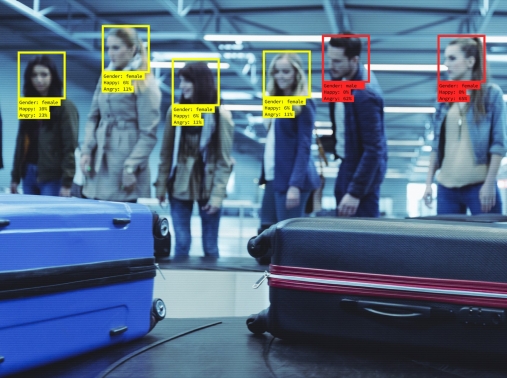|
|
RAND research and commentary on the issues that matter most
|
Jan 21, 2021
|
|
|
|
|
Photo by Emily Elconin/Reuters
|
|
|
|
|
In his inaugural address yesterday, President Biden emphasized that urgency and unity will be required to confront the many crises facing the United States. Foremost among these challenges is “a once-in-a-century virus” that has now claimed more than 400,000 American lives.
Dramatically ramping up vaccinations is a key part of the Biden administration's plan to reverse the pandemic's deadly course. The president has set a goal for the nation to administer 100 million vaccines in his first 100 days, and today he is signing a series of executive orders aimed at improving the national response to COVID-19.
According to RAND experts, a strategy that keeps the vaccines moving—rather than stockpiling them in anticipation of changing demand—could help save more lives. “Every day that a dose waits in a freezer raises the risk of a person getting COVID-19.” Read more »
|
 |
|
Supporters of then-President Donald Trump confront police in the U.S. Capitol near the entrance to the Senate, January 6, 2021. Photo by Mike Theiler/Reuters
|
|
Just how concerning was the recent attack on the U.S. Capitol? “A branch of the federal government has not been so seriously threatened since 9/11,” says RAND's Brian Michael Jenkins. And addressing this threat demands the inquiry of a national commission. Such a commission could analyze whether this was an isolated uprising or the harbinger of more to come. It could also help prevent similar attacks in the future. Read more »
|
|
 |
|
Photo by Nutthaseth Vanchaichana/Getty Images
|
|
Improving individuals' media literacy could help counter Truth Decay, the diminishing role of facts in American public life. But how can media literacy education be implemented most effectively? To find out, RAND researchers reviewed existing research and guidance on media literacy and developed a concise list of standards that directly address key elements of Truth Decay. This list may be useful for teachers, school leaders, curriculum developers, and policymakers. Read more »
|
|
 |
|
Photo by Yuriy Panyukov/Adobe Stock
|
|
There is growing public interest in rethinking America's role in the world. One option is to adopt a grand strategy of restraint in which the United States takes a more cooperative approach toward other powers, reduces the size of its military, and ends or renegotiates some security commitments. A new RAND report explores the policy implications of embarking down this path. Read more »
|
|
 |
|
Photo by izusek/Getty Images
|
|
Software tools powered by artificial intelligence and machine learning can exacerbate inequities. That's why rooting out bias—especially when it comes to technology used by law enforcement—is crucial. In a new paper, RAND experts outline a way forward. They note that efforts to address bias should cover the entire technology acquisition process, not just how machine learning models are developed and trained. Read more »
|
|
 |
|
Ashlee Mason, 26, serves a customer at The Pottery Cannabis Dispensary in Los Angeles, California, April 14, 2020. Photo by Lucy Nicholson/Reuters
|
|
As more and more marijuana retailers open over time, the density of these recreational sellers is associated with more marijuana use and greater intensity of use among young adults. That's according to a new RAND study. This may be an important factor to consider when developing strategies to mitigate the potential public health harms from expanded legal access to marijuana. Read more »
|
|
|
You already get the latest insights from RAND in your inbox. Why not your earbuds? Policy Currents is available as a weekly podcast. New episodes every Friday.
Subscribe now »
|
|
|
|
|